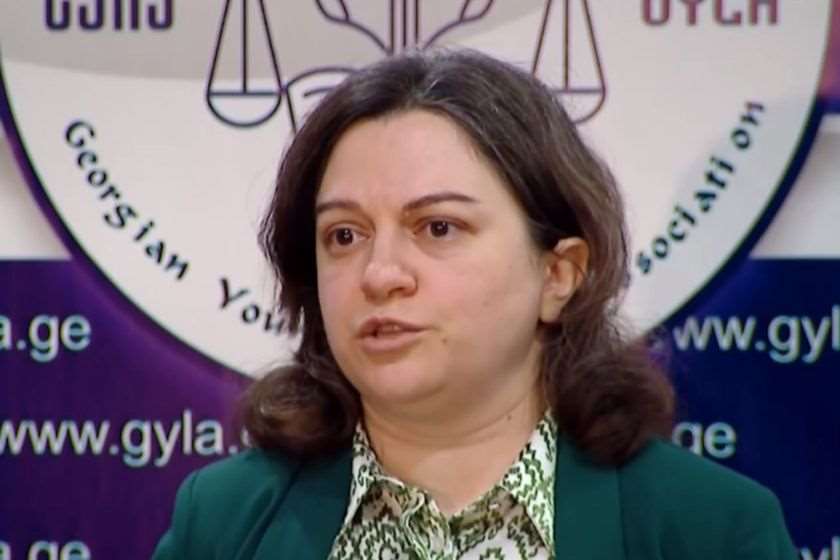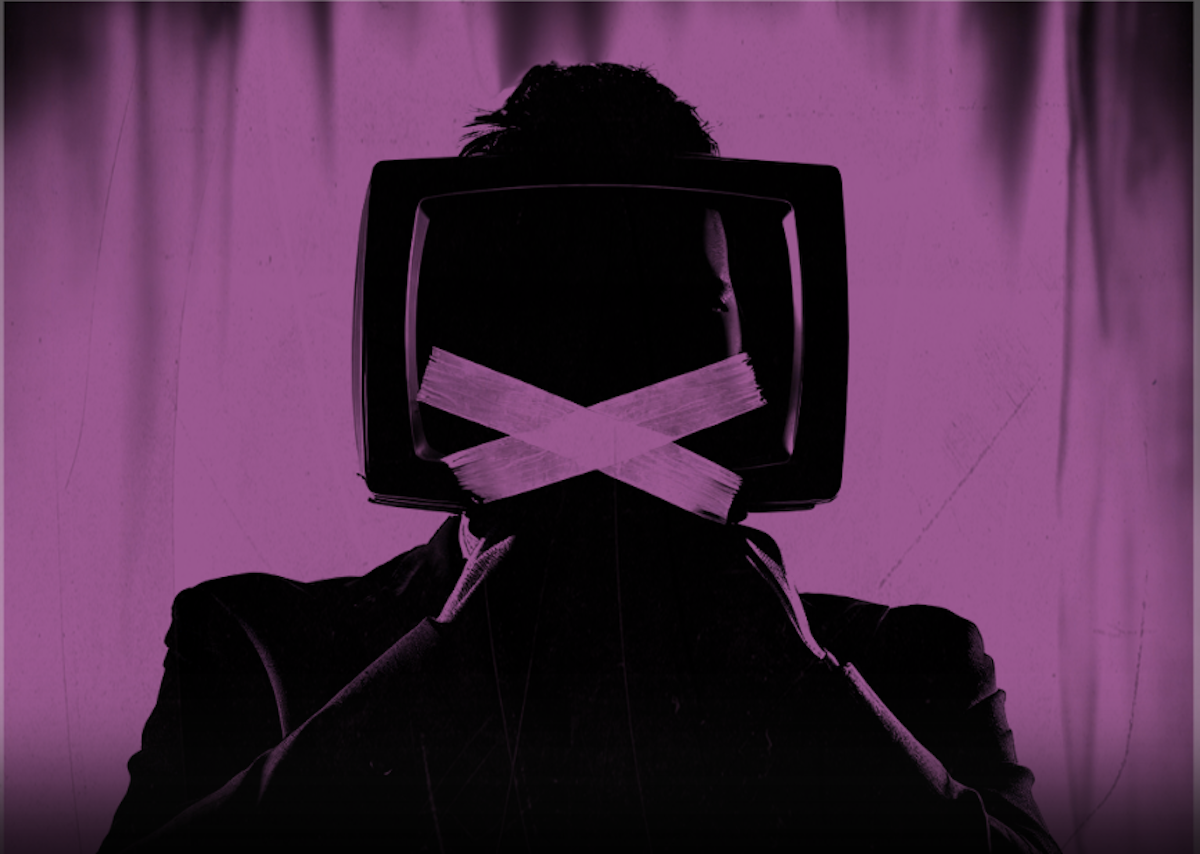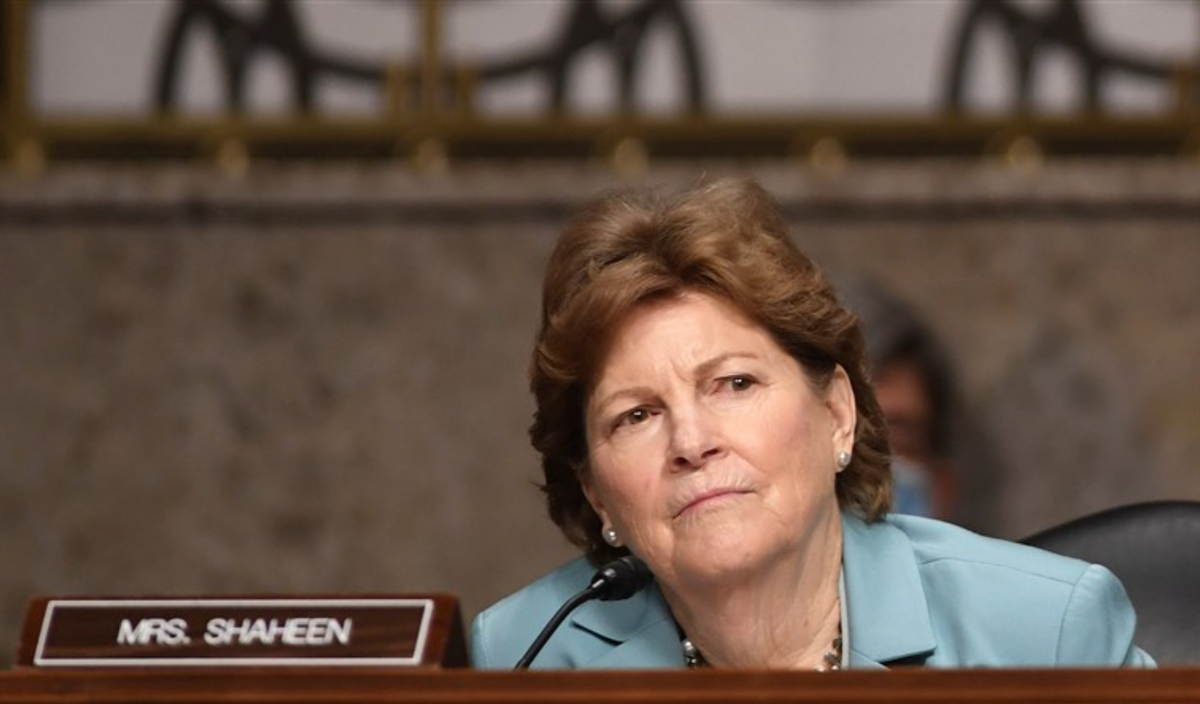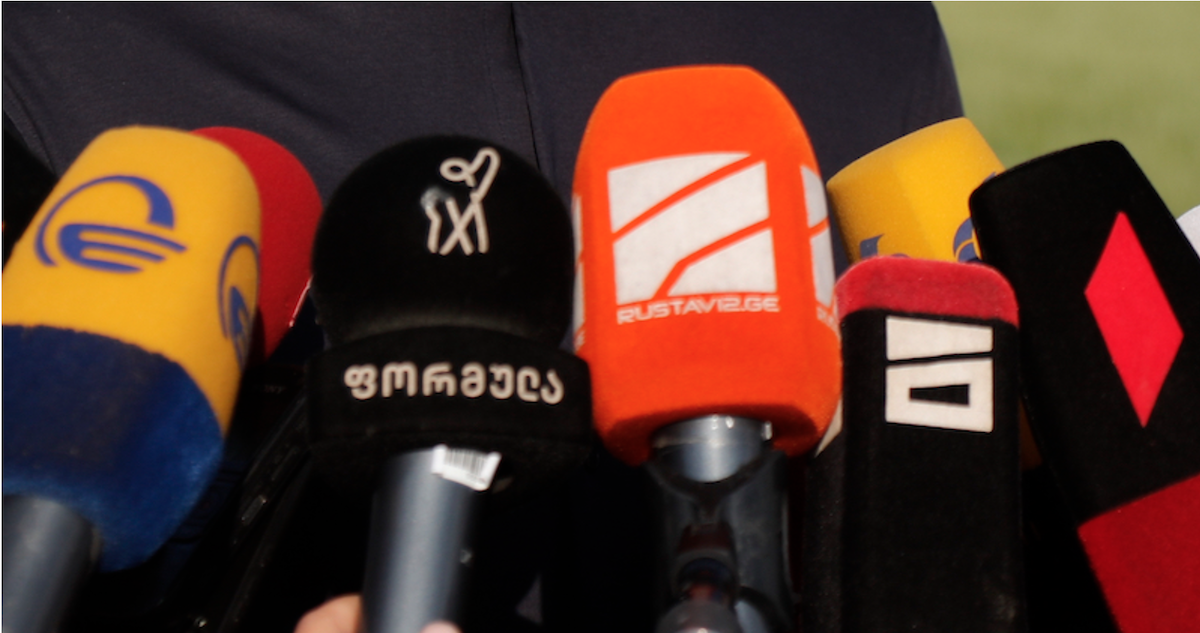Georgian Dream party plans to punish citizens criticising it online
Georgian Dream to punish for party criticism
It appears that the Georgian Dream party-led government intends to blur the line between personal and online insults directed at public officials, aiming to punish citizens not only for what is said “in real life” but also for what is written online.
For a comment posted in the digital space, an individual may face a fine ranging from 1,500 to 4,000 lari [$550–$1,470] or be sentenced to up to 45 days of administrative detention.
In February 2025, amid mass protests, Georgia’s one-party parliament passed a bill criminalising insults, abusive language, or “similar expressions” directed at political figures, public officials, and police officers.
On 30 May, the law was put into practice: based on a complaint from MP Mariam Lashkhi, activist Tatia Apriamashvili and student Lika Lortkipanidze were sentenced to 12 days of administrative detention, while activist Magda Mamukashvili was fined 4,000 lari.
On 6 June, it became known that the Georgian Dream government had begun filing complaints with the Interior Ministry regarding online posts directed at the party.
The move was preceded by a post from Deputy Speaker of Parliament Nino Tsilosani, who claimed that “in the UK, more than a thousand people are arrested each month for social media posts.”
Legal expert’s comment
Nona Kurdovanidze, head of the Georgian Young Lawyers’ Association, told Tabula that this trend poses a serious threat and implies restrictions on freedom of expression.
Kurdovanidze is convinced that if critical opinions expressed on social media do not pose an immediate threat to others, do not contain threats or incitement to violence, then interfering with the right to express an opinion and imposing such restrictions is “unacceptable and should not happen.”

Nona Kurdovanidze:
“The law does not explicitly state that it applies to social media. On the one hand, insults directed at anyone are generally prohibited in those spaces. But it is necessary to specify exactly which phrases or expressions qualify as such.
On the other hand, applying such restrictions to social media is a dangerous trend, as it implies limiting freedom of expression — and this can have a chilling effect, discouraging people from sharing critical opinions. The standard should be that if a critical opinion expressed on social media does not pose an immediate danger to another person, does not contain threats, and does not incite violence, then interference in the right to express that opinion and the imposition of such restrictions is unacceptable and should not take place.
There have already been precedents where individuals were charged under a different article — Article 166, which deals with petty hooliganism — for opinions expressed on social media, with the argument that a social network qualifies as a public space. But this new Article 173 applies specifically to political officials and public servants — meaning the protected subjects are not people in general, but specific individuals, and the liability is defined separately. Apparently, the new complaints Georgian Dream is preparing will be filed under this article. They’ve done this before, but it involved in-person remarks. Now, it’s about virtual ones.”





















